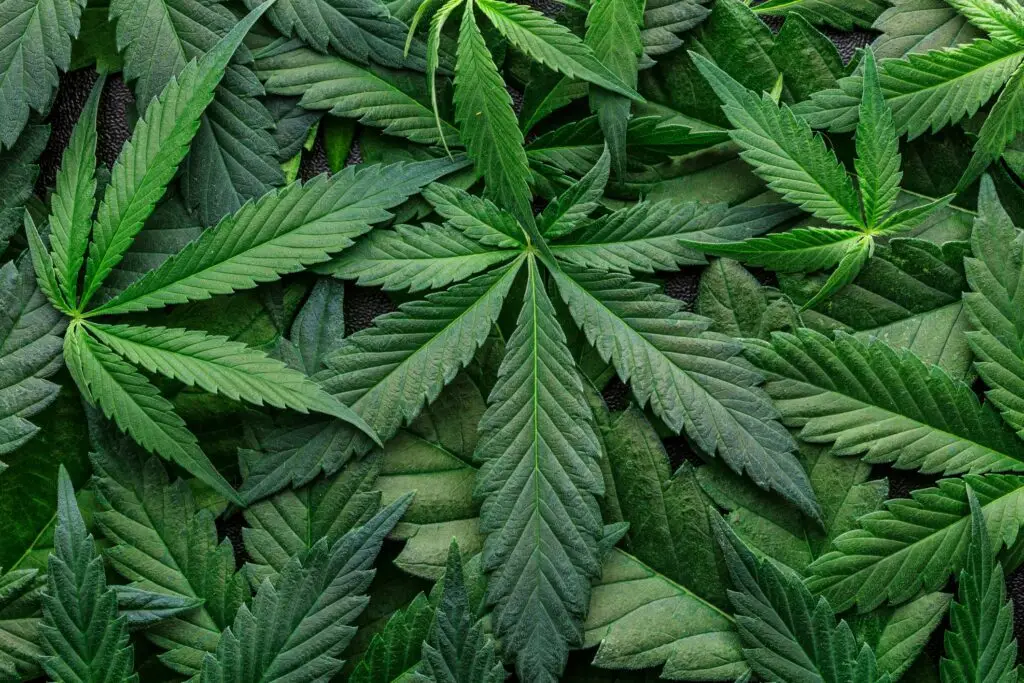Detoxing from marijuana is a process where the body naturally removes the accumulated THC (tetrahydrocannabinol) – the active psychoactive component present in cannabis. While the general perception of marijuana is that it is less harmful compared to other substances, it still carries a set of complexities that affect detox time and the individual’s experience of detoxing. At Etowah Recovery Center, we work with multiple detoxes in the Atlanta area to help clients create sustainable pathways to marijuana recovery.
Is Weed Addictive?
Marijuana is considered a psychoactive drug, which means that it can alter one’s state of mind or consciousness. Chronic use of marijuana can lead to a phenomenon known as marijuana use disorder, which is characterized by dependency on the drug.
A significant section of individuals who use marijuana does not develop an addiction. However, the potential for addiction increases when the usage starts at a young age or in the case of daily consumption. Addiction, when it occurs, implies that the individual cannot stop using the drug even though it interferes with many aspects of their life. The manifestation of withdrawal symptoms upon cessation is a clear indication of dependency or addiction, which necessitates a structured approach to detoxification.
How Long Does It Take To Detox from Marijuana?
Detox from marijuana depends on a multitude of factors including the frequency of usage, the quantity consumed, the individual’s metabolic rate, and their overall health status. Generally, the detoxification process can take anywhere from a few days to several weeks.
For occasional users, the body might eliminate THC relatively quickly, possibly within a week. In contrast, chronic users may find that it takes a few weeks to several months to completely detox from marijuana, as the THC accumulates in fat cells and is released slowly into the bloodstream over time. It is crucial to approach this process with patience and to consider seeking professional guidance if the detox symptoms are severe or prolonged.
Marijuana Detox Timeline
Understanding the timeline of marijuana detox can be instrumental in preparing for the process. Typically, the detox timeline can be segmented as follows:
- First Week:
- 1-3 Days: Initial symptoms may include irritability, anxiety, and insomnia. Appetite fluctuations might also be apparent.
- 4-7 Days: Symptoms might escalate, with additional manifestations such as depression, vivid dreams, or fluctuations in body temperature.
- Second Week:
- The acute symptoms generally start to taper, though psychological symptoms might persist.
- Third Week onwards:
- Gradual decrease in intensity of symptoms.
- Chronic users might still experience lingering symptoms.
Long-Term Effects of Marijuana
Long-term use or marijuana can have adverse effects on an individual’s health. These can include cognitive impairments, affecting memory and attention span. The long-term use of marijuana has also been linked to respiratory issues, particularly when smoked. Furthermore, persistent use can affect mental health, potentially exacerbating conditions such as depression and anxiety. It is essential to be cognizant of these potential long-term effects when considering or engaging in prolonged marijuana use.
How Long Does Marijuana Stay in Your System?
The duration marijuana stays in your system is closely related to the detox process. On average, the THC metabolites can be detected in urine for about 3-30 days post the last use. However, this is a generalized timeframe and can fluctuate based on the frequency and quantity of usage. For individuals undergoing drug tests, it is prudent to allow a considerable time gap from the last use to ensure that the system is clear of any traces of THC.
Finding Detox for Weed in Atlanta
If you reside in Atlanta and are seeking assistance for marijuana detox, there are several resources available. Various rehab centers and detoxes in Georgia provide a structured program that can help manage withdrawal symptoms and guide individuals towards a path of recovery. If you or a loved one are struggling today, call us now at 404-640-5825





